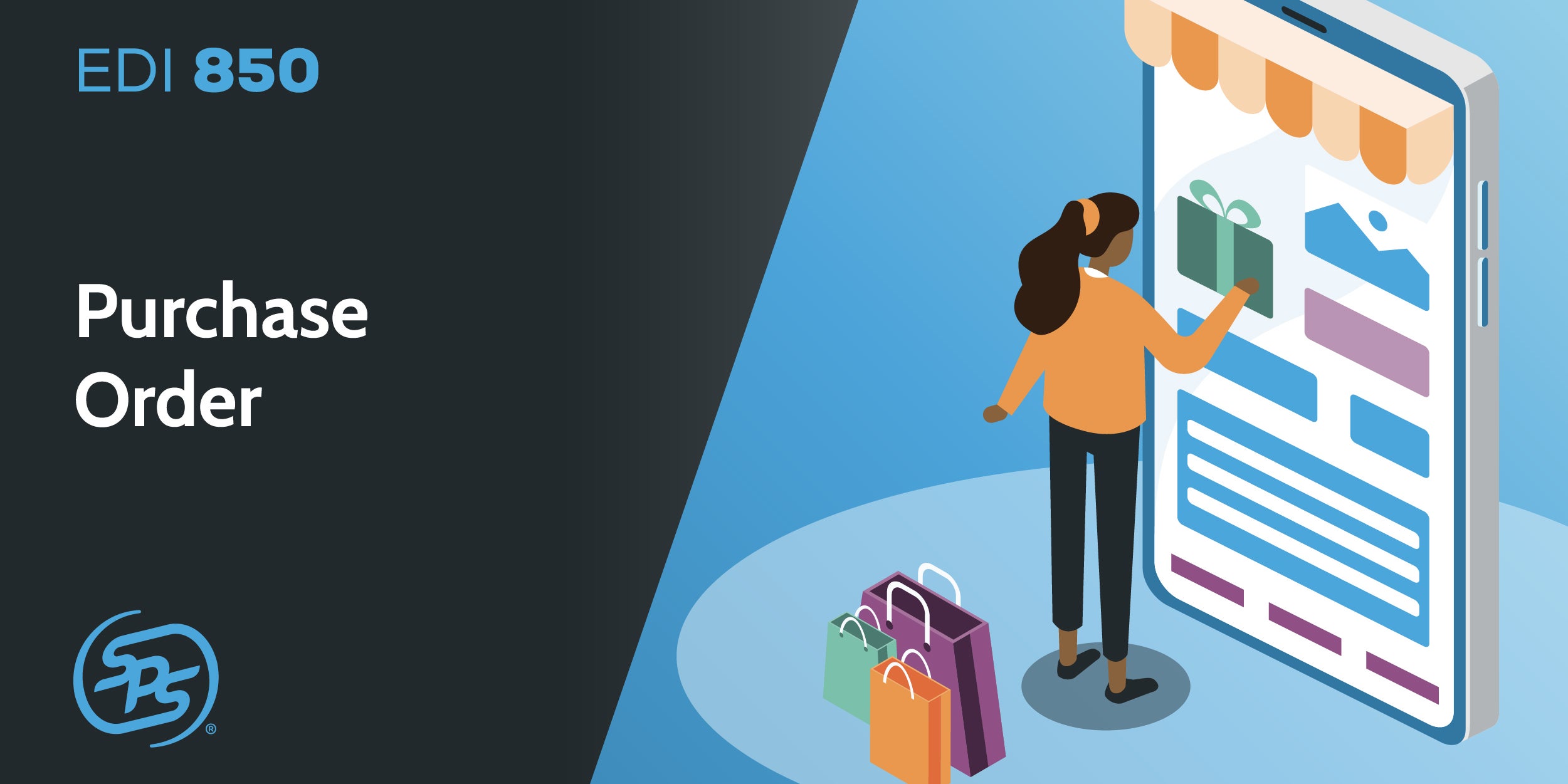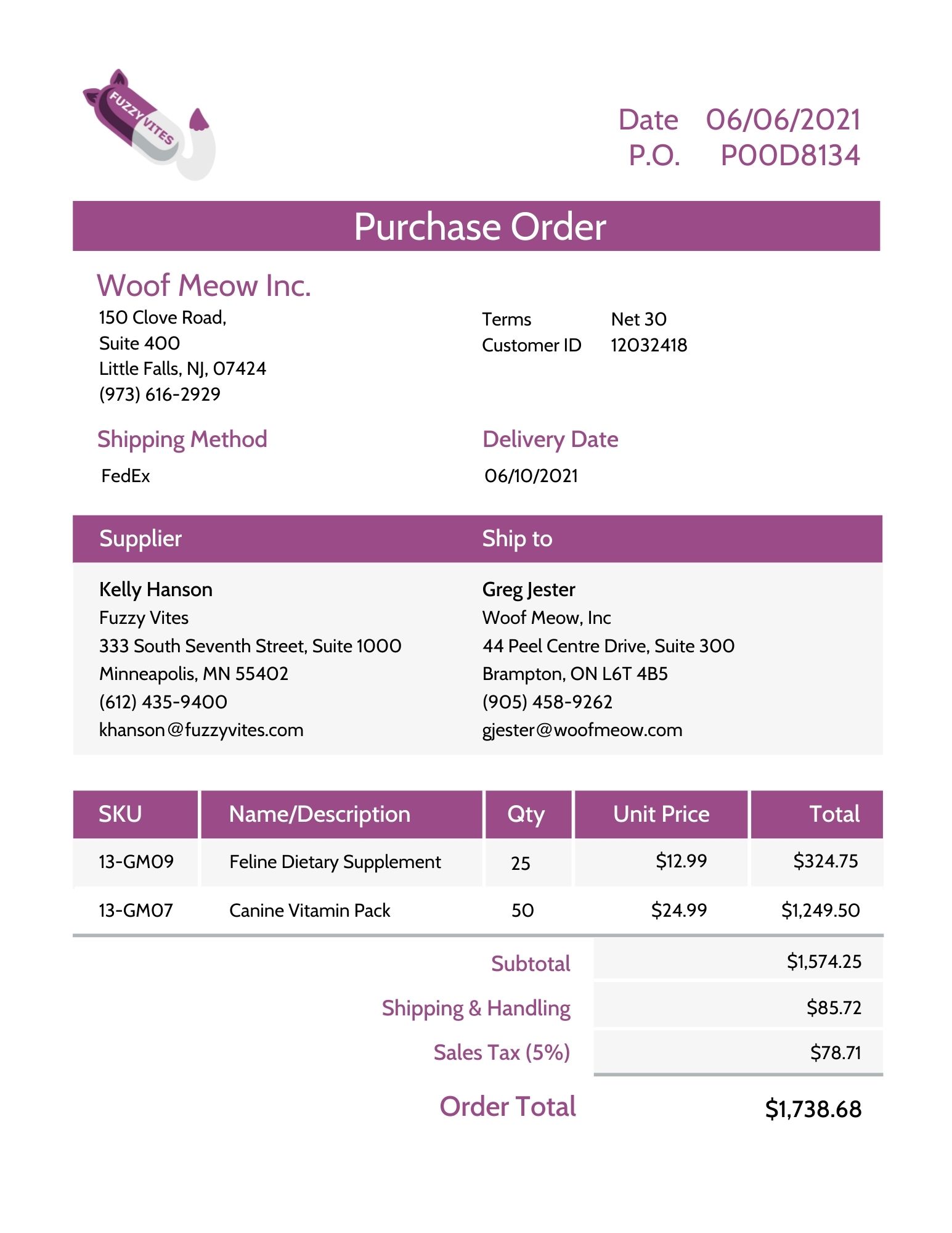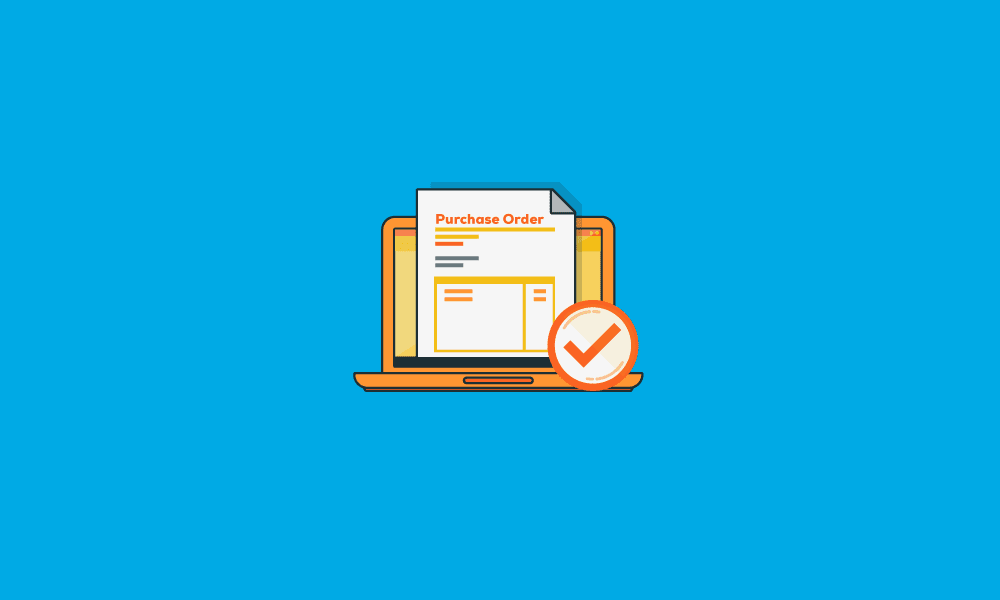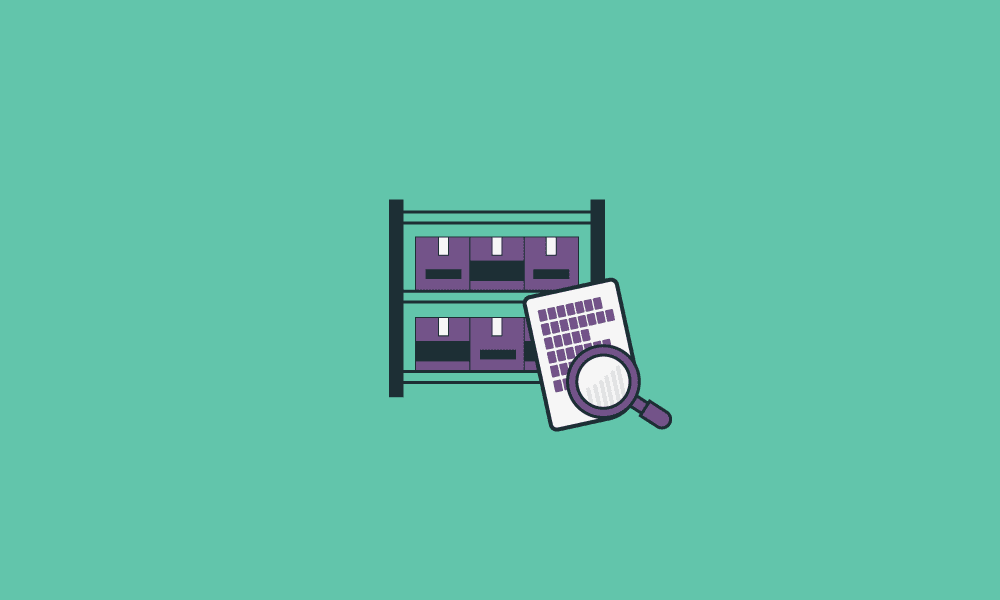What is an EDI 850 purchase order?
The EDI 850 (EDIFACT ORDERS) is a purchase order sent from a buyer to a seller requesting goods or services. This document allows buyers to place orders electronically rather than through email, fax or phone calls.
The electronic purchase order outlines what products buyers want to order and in what quantities. It also describes when buyers want to receive the products and where they should be shipped to (such as a distribution center, a store or the end consumer).
The EDI 850 format
Typically, an EDI 850 includes information such as:
Purchase order date: The date the buyer issues the purchase order.
How is EDI 850 used?
The EDI 850 acts as a digital order form that companies use to communicate which items they want to purchase, the quantity of these items and where to send the order. It includes all the product details, prices and when the order should be shipped. Think of it like a very detailed online shopping cart that ensures everyone agrees on the order before anything gets sent out.
Benefits of the EDI 850 purchase order
Using EDI to exchange orders allows buyers and sellers to eliminate manual data entry and follow-up tasks. Here are some of its key benefits:
Streamline product orders
Once a buyer creates and sends the EDI 850 purchase order, it shows up in the seller’s system with no other actions required. At this point, the seller can simply confirm quantity and ship date, send an acknowledgement back to the buyer and proceed with filling the order.
Improve fulfillment accuracy
Since order data can be sourced from other systems (ERP, WMS, eCommerce, etc.), the EDI 850 reduces data entry. Standardized data easily shows up in both the buyer’s and seller’s systems, so everyone is working from the same information. There are no lingering questions for either party and no follow-up steps.
Cut data entry and labor costs
Phone, fax and email orders are inefficient for both buyers and sellers. Mistakes can lead to delays, late shipments and damaged customer relationships. The EDI 850 provides an automated process for sending, receiving and confirming orders.
Common issues with the EDI 850
Manual entry often leads to mistakes in the order. Some of the most common issues are:
Getting started with the EDI 850
If you need to start using the EDI 850, here are some recommended next steps.
1) Check in with your trading partner to understand their requirements.
Every trading partner has a different set of requirements for processing orders. In addition to the EDI 850, your trading partners may require other EDI documents, shipping documentation or labels.
2) Understand your EDI options.
You can either deploy EDI technology yourself or purchase an EDI service.
3) Manage ongoing changes.
Trading partners frequently change their EDI specifications. Avoid delays and chargebacks by staying current with their requirements.
Automate EDI 850 Purchase Order with Full-Service EDI from SPS Commerce

Managing ongoing EDI tasks can be complex and time-consuming. Full-service EDI providers like SPS Commerce deliver EDI technology and associated staffing resources responsible for customizing, optimizing and operating your EDI solution.
SPS communicates directly with your trading partners to manage connectivity, setup, requirements, updates and support efforts. SPS also takes ownership of understanding your trading partner requirements and making map changes.
SPS Fulfillment proactively monitors and optimizes your solution to prevent errors and minimize data entry.
Interested in learning more about our EDI solution?
Additional EDI Resources
Enter a virtual library of information about EDI for suppliers, vendors and distributors to provide you with the product knowledge you need to power your business.
Ultimate List of EDI Transactions
Here are some of the most common documents and transactions that are supported through EDI automation.
Five Top EDI Documents to Automate
When you automate your most-used EDI documents, it can significantly cut down keystrokes and speed up processes.
EDI Glossary
Terminology including retail definitions, order management models, supply chain roles, software and distribution channels.
EDI for Suppliers & Vendors
Discover how leading vendor and supplier businesses are serving their customers better with EDI solutions from SPS Commerce.





